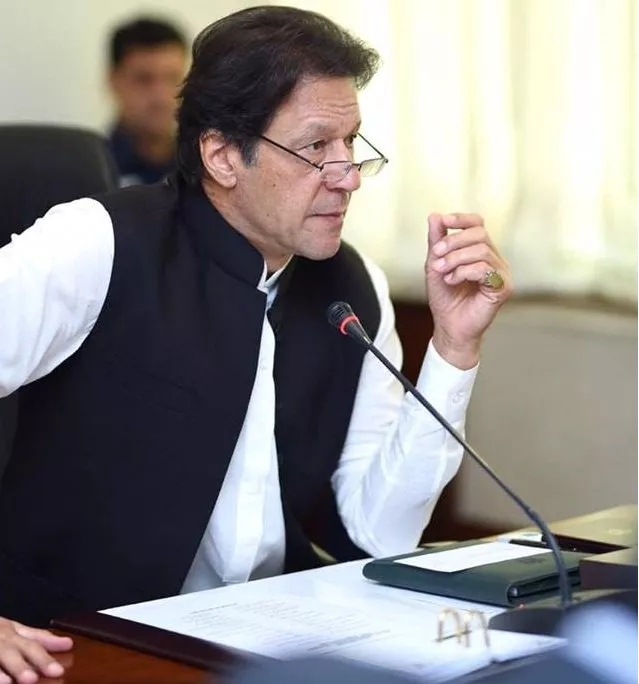Pandemic of arrogance
The virus is creating havoc and the misinformation is making it harder to separate fact from conspiracy theories
The virus is creating havoc and the misinformation is making it harder to separate fact from conspiracy theories. But those are not the two pandemics facing us. There is also another, hampering our ability to protect the people — the pandemic of arrogance. This may be just as deadly as the first two. Three exhibits of hubris illustrate this.First — the belief the government alone has a monopoly on empathy. This has manifested in remarkable, bizarre ways. There is a pervasive belief in government circles, going all the way to the top, that opposition wants a lot of people to die. We are told that because people in the opposition, and those supporting their leaders, are inherently corrupt, merciless, and heartless, they want a lockdown which will ultimately kill lots of people. The notion that others might be suggesting a different policy because they may care equally about lives and livelihoods has never crossed the minds of those in power. A minor form of this arrogance is also seen in the opposition, that suggests the government is pursuing its current strategy because they simply do not care about people’s lives and are okay with tens of thousands perishing. That view is just as problematic as the one advanced by government circles.
Second — we are fine because we are doing better than our neighbours. First, that is simply not true. In the last two weeks, Pakistan’s curve for new infections has dwarfed those of India’s. India’s numbers, both in the number of people infected and who sadly passed away, are higher, but normalised for population. We do much worse. Our Covid-19 statistics are worse than our South Asian neighbours and the general health indicators fare no better. Our infant mortality and life expectancy are worst in the region. But even if we were doing better than our neighbours, what kind of a consolation is that to those who suffer?
Third exhibit — “they never listened”. The governments, both federal and provincial, have suggested their policies have been fine from the beginning, but because people did not listen, we now have a problem we cannot contain. Little do they recognise that this is not a failure of the masses, it is a failure of governance. If governments are so out of touch with reality, and unable to understand how the public behaves, what good is any policy? Did those who came up with the infinite SOPs for Ramzan really believe they were going to be followed? What did the SC expect when it ordered opening of malls and shopping centres? Did those who came up with the requirements to wear a mask in public, really believe it will be followed? One wonders who really writes these SOPs. It’s easy to pin the blame on the public, but that is both arrogant and criminal. It’s not to say that the public is absolved; but neither is the government.
Humility should be the most important lesson we should have taken from the virus. Instead, we went down the wrong road and do not seem to recognise we are drifting further away. There is a small window of opportunity here — that is closing rapidly — to change course. To recognise that we have made mistakes, and we do not have a monopoly on empathy, and we are better off listening to experts (including the WHO that called us out on our policy) would be the right thing. The world has seen two models of operation; one of hubris (by the leaders of US, UK and Brazil) and one focused on sound scientific advice (New Zealand, Australia, Taiwan). A lot of things are unclear about the pandemic — but which of the two models works is not one of them.
Published in The Express Tribune, June 16th, 2020.
Like Opinion & Editorial on Facebook, follow @ETOpEd on Twitter to receive all updates on all our daily pieces.


COMMENTS
Comments are moderated and generally will be posted if they are on-topic and not abusive.
For more information, please see our Comments FAQ